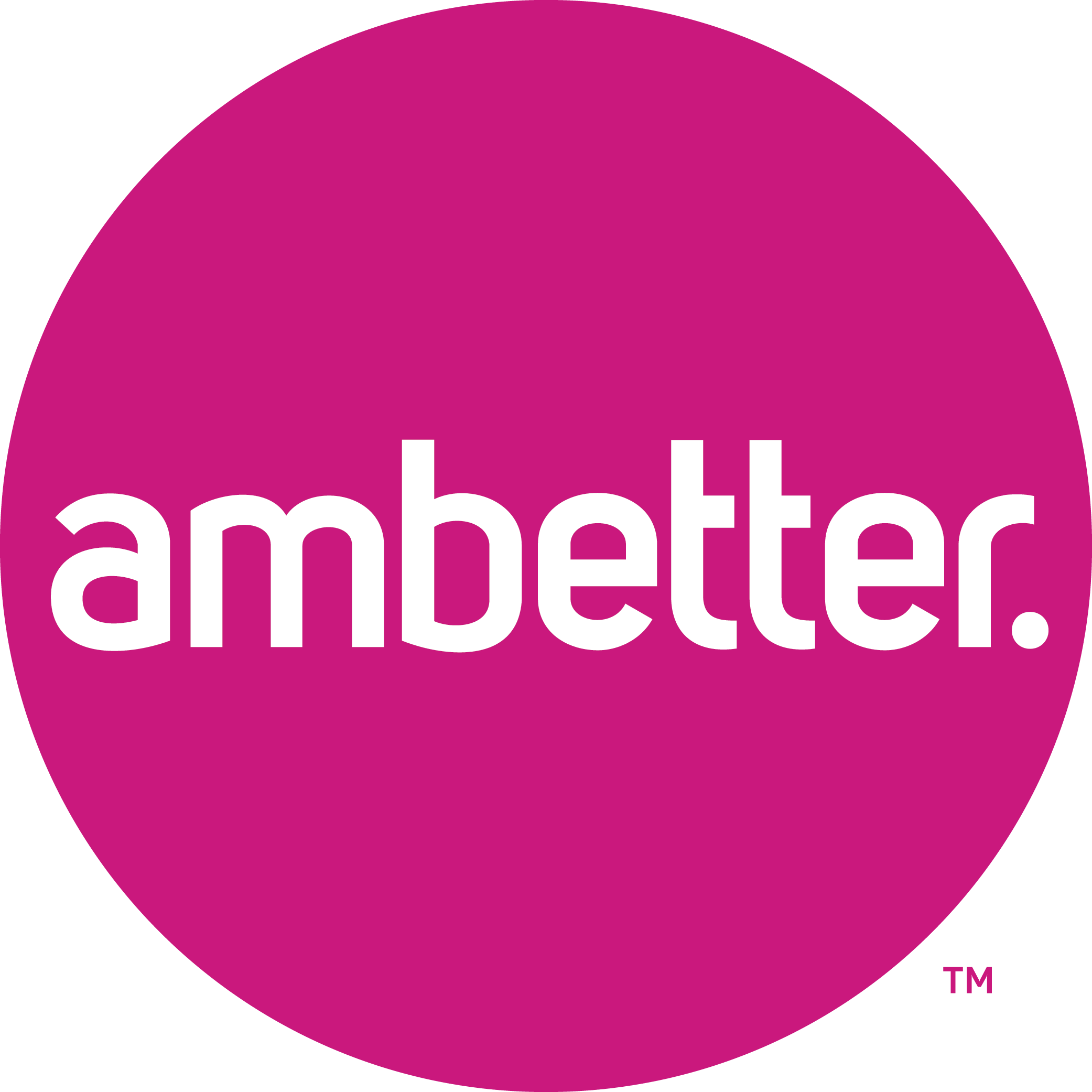In the world of mental health, some conditions are hidden, while others are far more apparent. How a person is diagnosed and treated will depend on a number of factors, including just how visible their struggles are to an outside party. It is also important to recognize that many conditions can bleed into one another or share similar symptoms. Banyan Boca Mental health explains thought disorders, examples, and available treatment options at our facility.
What Is a Thought Disorder?
Officially referred to as a formal thought disorder (FTD), it is a visible instance of disorganized speech and thinking. While some conditions affect the content of thought that morphs into delusions and hallucinations, an FTD is indicative of a disorder in the form of thought. In other words, it will serve as an objective, observable sign of the affected individual's psychosis.
This is a multifaceted disorder that is hallmarked by insufficiency in the individual's ability to logically organize their thoughts. According to the Diagnostic and Statistical Manual of Mental Disorders Fifth Edition (DSM-5), formal thought disorders are categorized as “psychotic symptoms, manifested as bizarre speech and communication.”1 These conditions can be frustrating for the individual suffering from them and concerning to those that care for them. What is important to remember is that these disorders are treatable and should be looked at with severity and respect.
Types of Thought Disorders
An individual’s thought patterns can be affected in a number of ways. Below are descriptions of some of the more well-known disorders and how they can manifest themselves.
Alogia
Also known as a poverty of speech, this is when a person experiences a disruption in their thought process. It is commonly caused by an injury to the left side of the brain and is characterized by a noticeable lack of speech. These individuals may reply to questions but do so with a sparse amount of words. Pronunciation can be affected as well, particularly in the form of slurred words.
Circumstantial Speech
This is the inability to answer a question without also providing excessive, unnecessary information. For example, the patient answers the question “How is your head feeling?” with “So I take medicine to help when it hurts. I also try to drink water and slow down if it feels tense. Like, it stresses me out when my daughter doesn’t return my calls, but right now, it doesn’t hurt too bad.”
Derailment
As the name would suggest, this thought disorder is defined by conversation consisting of a collection of barely or completely unrelated ideas. It presents a slippage of ideas that stray farther and farther from the original point of the conversation.
Flight of Ideas
This appears as a superfluous amount of speech that will involve causal association between ideas presented. The speech is also at a rapid rate and is a typical symptom of bipolar mania.
Incoherence or Word Salad
This refers to an unintelligible mixture of seemingly random phrases and words. It is likely that this person is attempting to communicate an idea of theirs and may be unaware that what they are saying does not actually make sense. It commonly appears in people with schizophrenia and dementia.
Neologisms
These are words or phrases that are either not fully accepted into mainstream language or, in the realm of psychiatry, only hold meaning to the person using them. (e.g., using the word headshoe instead of hat.)
Pressured Speech
This is used to describe one's tendency to speak in an exceptionally frenzied manner. This speech is often rapid, constant, and without pauses or breaks. It is common in people with schizophrenia, extreme anxiety, and other manic illnesses.
Thought Disorder Treatment at Boca Behavioral Health
We want you to take comfort in the fact that you do not have to face these symptoms on your own.
Banyan’s Florida mental health rehab is equipped with a variety of therapeutic methods that are effective in treating formal thought disorders. These include:
Some individuals may also find medication to be beneficial. Our team of mental health professionals will evaluate each person that walks through our doors with care and consideration. While these disorders may be intimidating to overcome, we will be with you every step of the way.
Contact Banyan Boca to learn more about our Florida mental health services and how they can benefit you!
Sources
- American Psychiatric Association -Diagnostic and Statistical Manual of Mental Disorders
- Taylor & Francis Online - Sweet Preference, Sugar Addiction and the Familial History of Alcohol Dependence: Shared Neural Pathways and Genes
Related Readings:











